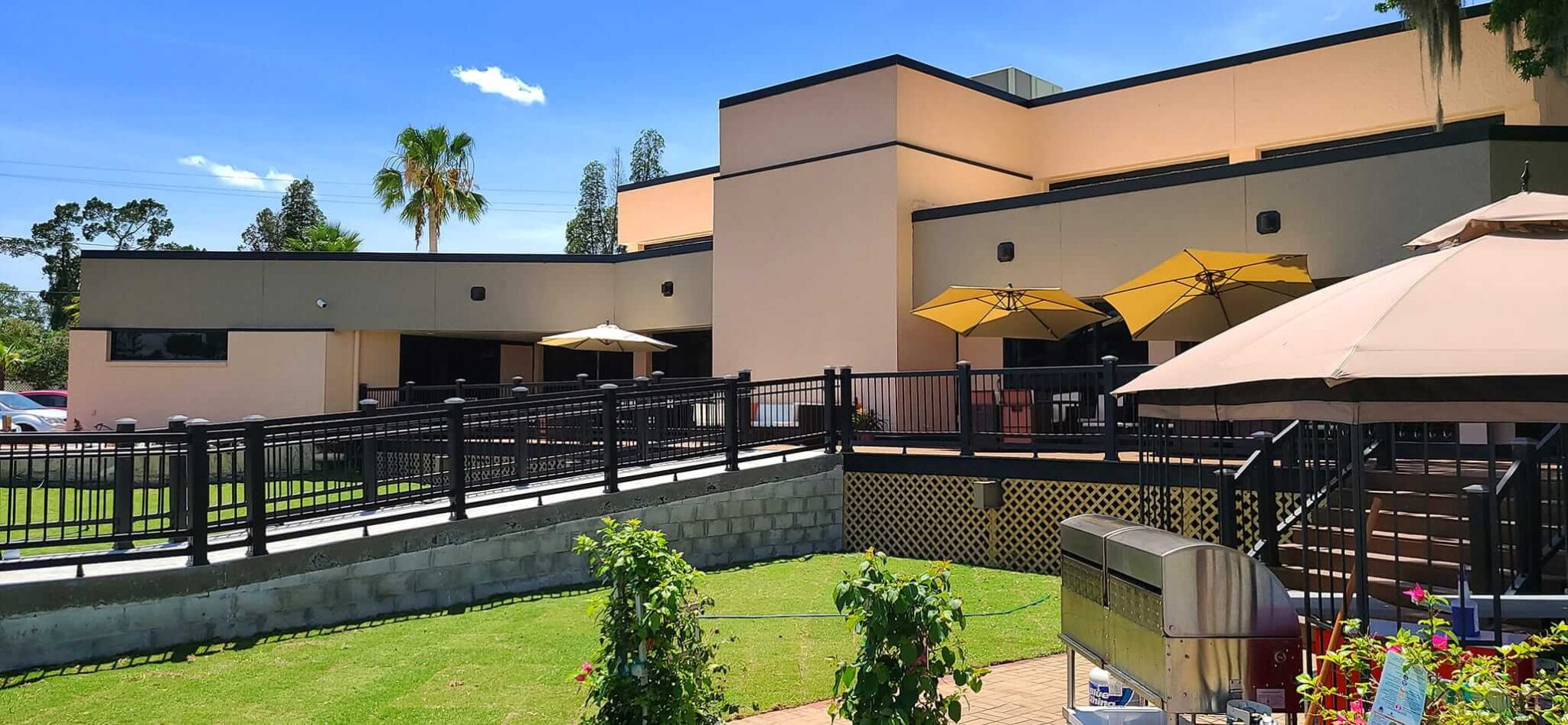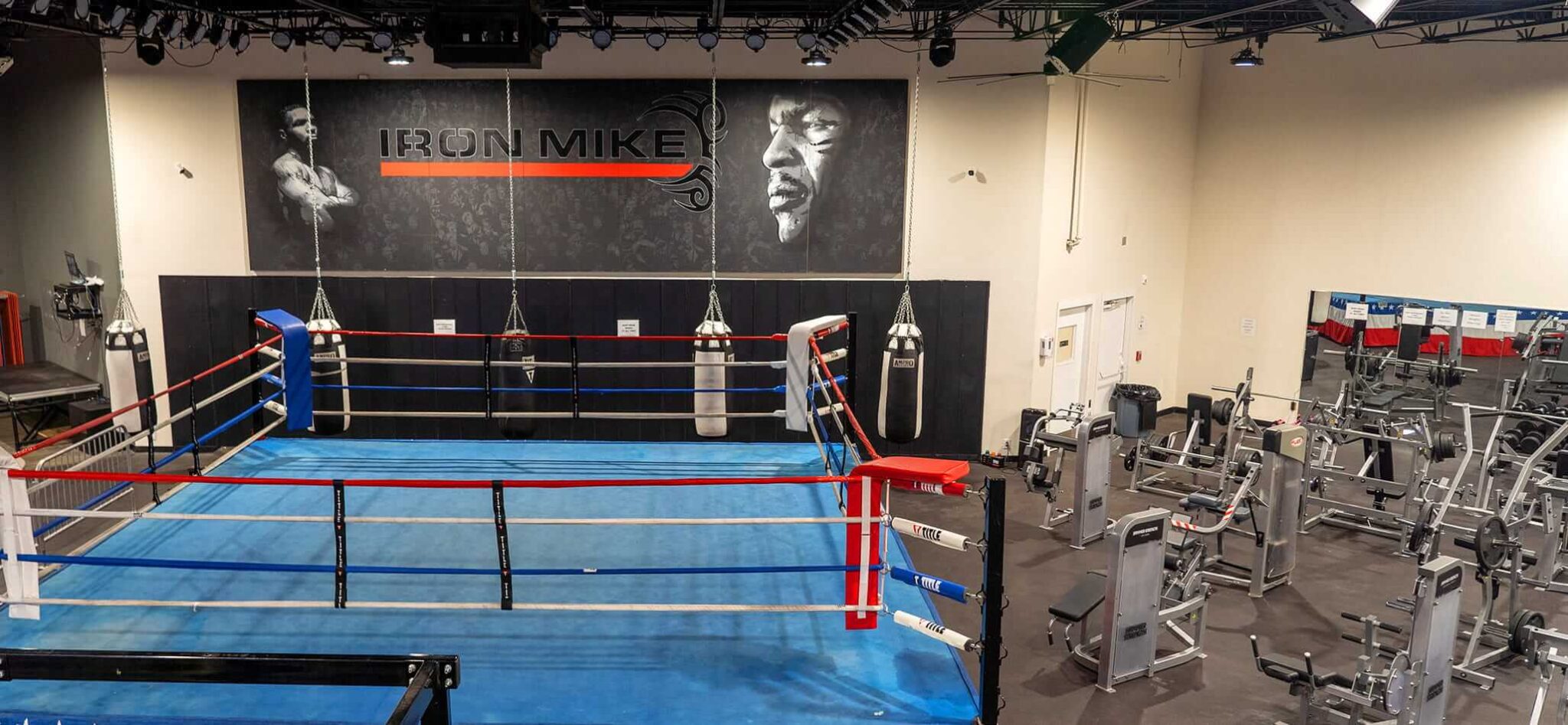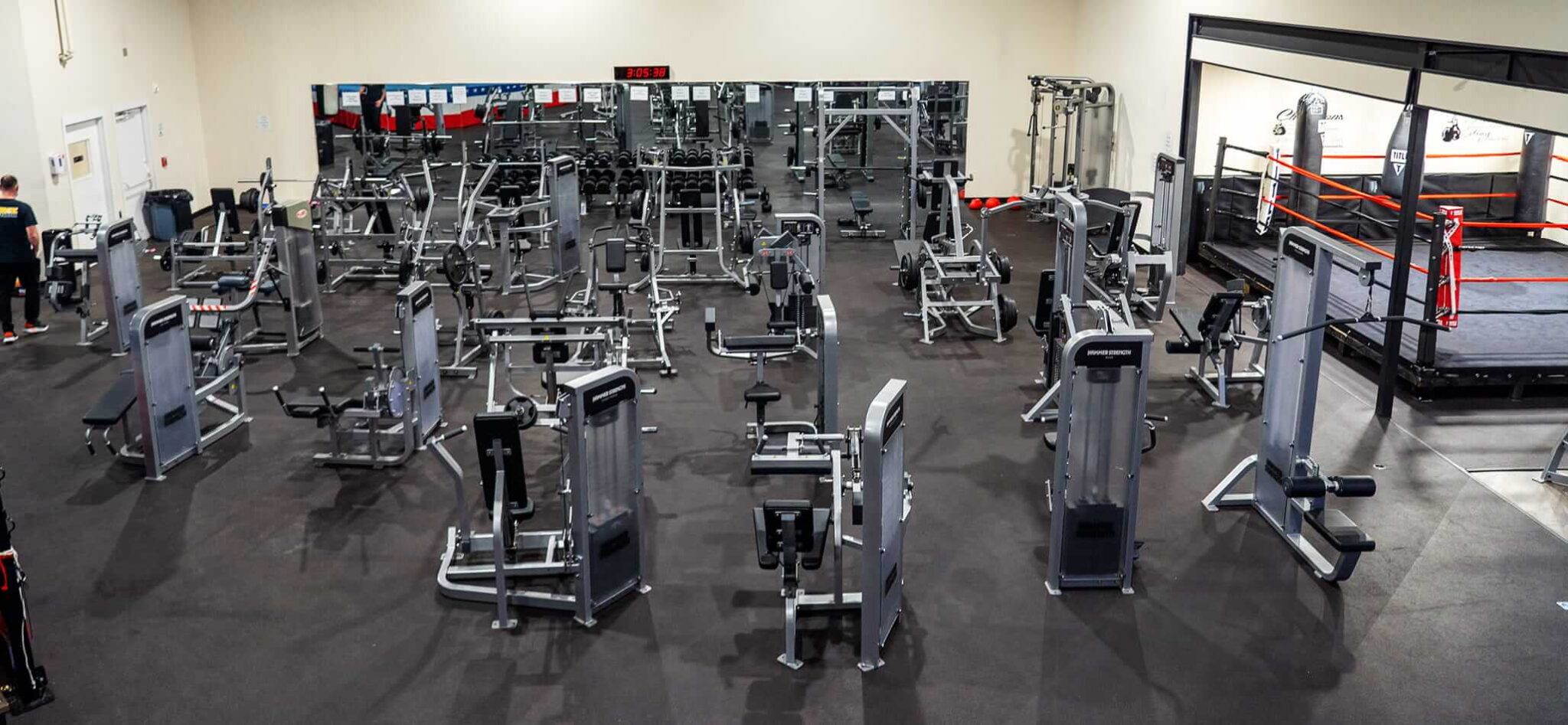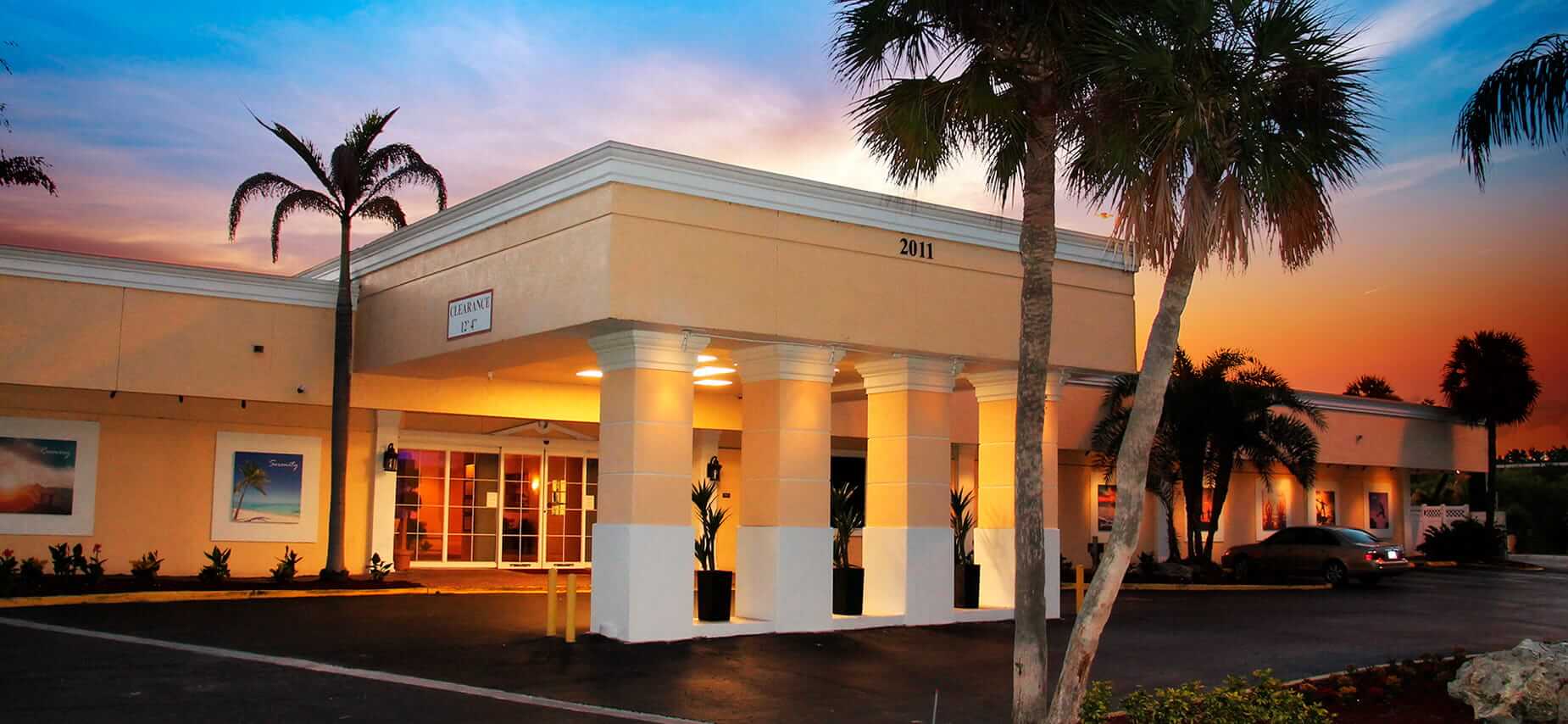Understanding Cross-Addiction

Struggling With More Than One Addiction is Difficult
We have heard about co-occurring disorders before which is when an individual suffers from a mental illness as well as an addiction. So what is cross-addiction? Cross addiction is when an individual struggles with more than one type of addiction. For those who struggle with two addictions, addiction treatment is necessary in order to successfully overcome both of them.
An individual who suffers from cross addiction can have a drug or alcohol addiction in addition to an addiction to:
- Gambling
- Sex
- Food
- Video games
- Shopping
- Exercise
- And more
Those who struggle with one addiction are at an increased risk of cross-addiction do to the nature of the disease. It’s important to realize that even if you are in recovery from an addiction to drugs or alcohol and have not used in a while, you can still develop cross-addiction. This is because you are replacing substance abuse with another vice which triggers the reward system in the brain.
What Causes Cross Addiction?
There is a selection of reasons why cross-addiction can occur. One of the reasons could be an unawareness of such a condition. Those who know that they have a substance abuse problem such as alcohol abuse may knowingly take a prescription drug such as an opioid despite the fact that they already suffer from an addiction. As soon as they get hooked on the prescription drug, they are considered to have a cross-addiction.
Another factor that contributes to cross-addiction is an underlying mental illness that has not been diagnosed yet. This co-occurring disorder can have an impact on your behavior and actions and can be responsible for your lack of decision making. If you suffer from anxiety but it has not been diagnosed and you begin to drink alcohol and take drugs as a means to ease the side effects of this mental illness, you may have a cross addiction.
Treatment Types
There are a variety of evidence-based treatment types available for those struggling with cross-addiction. Depending on the severity of the addictions, either inpatient or outpatient treatment will be recommended. In addition, speaking with counselors and therapists can help patients through their personal issues while also gaining knowledge on coping mechanisms and trigger management tools.
It’s also advised that patients seek the help of support groups such as AA and NA, along with a host of other anonymous meetings. These meetings can help provide the support and encouragement necessary for the individual to carry on in their recovery.
By educating yourself on cross-addiction, you can take better caution when faced with temptation. Recognizing the signs and symptoms can help detect addiction early on which can lessen the chances of the issue turning into a full-on addiction. Your best bet is not to try any sort of prescription medication if you know that you have a dependency or addiction issue. Consult a therapist or counselor prior to starting any sort of prescription medication. It’s also advised that you avoid scenarios that may put you at an increased risk of substance abuse or addiction.
If you or a loved one needs help with abuse and/or treatment, please call the WhiteSands Treatment at (877) 855-3470. Our addiction specialists can assess your recovery needs and help you get the addiction treatment that provides the best chance for your long-term recovery.

























